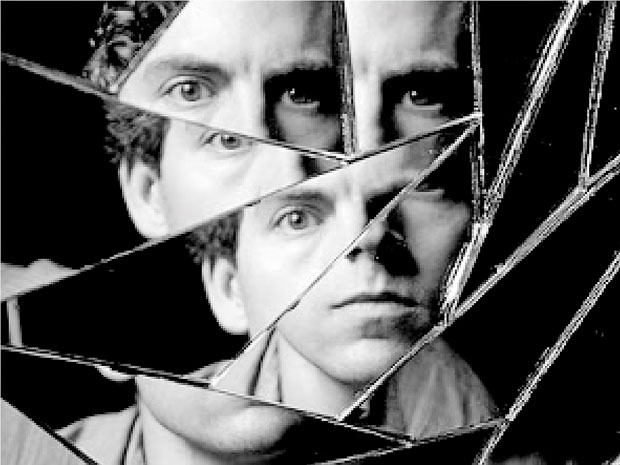Reply To:
Name - Reply Comment

 The Diagnostic Statistical Manual of Mental Disorders has thus far elaborated on various psychological conditions, sometimes common and not-so-common among people. One such condition is schizophrenia, which is a challenging disorder that often makes it difficult to distinguish between what is real and unreal, to think clearly, manage emotions, relate to others and function normally.
The Diagnostic Statistical Manual of Mental Disorders has thus far elaborated on various psychological conditions, sometimes common and not-so-common among people. One such condition is schizophrenia, which is a challenging disorder that often makes it difficult to distinguish between what is real and unreal, to think clearly, manage emotions, relate to others and function normally.
Speaking to the Health Capsule Dr. Ramani Ratnaweera, Consultant Psychiatrist at the Karapitiya Teaching Hospital, said that schizophrenia happens as a result of increased dopamine in the brain. “People have come up with various causes, but this is the biological background to it. As a result of this imbalance, medication has to be given,”said Dr. Ratnaweera.
Early warning signs
In some people, signs of schizophrenia would occur suddenly. But for most people, it comes on slowly with subtle warning signs and a gradual decline in functioning long before the first severe episode. Some of the common early warning signs include :
Symptoms
There are five symptoms characteristic of schizophrenia. These include:
But symptoms would vary from person to person, both in pattern and severity.

Prevalence in Sri Lanka
According to Dr. Ratnaweera, schizophrenia is prevalent in about 1% of the population in Sri Lanka. “I have come across quite a number of people with the symptoms. It’s a debilitating illness and early intervention is a must. We have also seen that males have a slightly higher tendency to be diagnosed with this condition than females. This could be in a ratio of 1.4 : 1. This occurs mainly in the early 20s and this is their prime age where they achieve things in life. But with this illness, they will face many challenges as they progress,”Dr. Ratnweera continued.
“One of the major challenges we see is the stigma attached to mental illnesses in Sri Lanka,” Dr. Ratnaweera said. “Therefore more than 80% of this group remains indoors because they don’t want to face society. If the diagnosis happens at an early stage this condition could be controlled. But if diagnosis doesn’t happen on time, you will see social withdrawal as they will find it difficult to have a proper conversation with the other person,”she said.

Treatments
Expressing her views on interventions, Dr. Ratnaweera further said that psychosocial intervention is a must. “Cognitive Behavioral Therapy (CBT) is also a recommended form of therapy for these people. When done consistently, persistent hallucinations and delusions may somewhat disappear. But lack of insight is a major challenge that we face and by the time we start treating the patient they have reached a certain level of severity. In Sri Lanka, every hospital has a psychiatrist and a medical officer who have been trained. The patients can also attend clinics at the hospitals. In addition to that they could undergo Occupational Therapy where they could be trained in terms of skills development.
Hence a multi-disciplinary approach is needed to control this condition. But the dearth of psychologists and psychiatrists in the country has made us realize that overcoming these challenges will take some time. If we could increase the number of community psychiatrists, they could visit houses and treat patients at their doorstep as done in other countries. But the dearth of professionals stand as a barrier in this approach as well,”concluded
Dr. Ratnaweera.